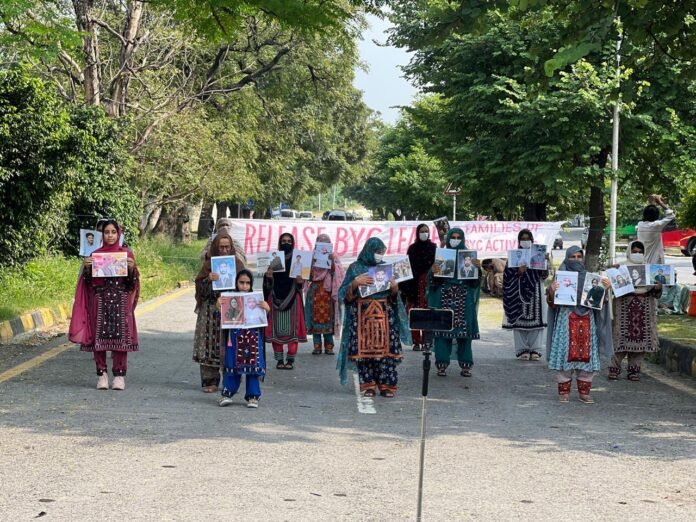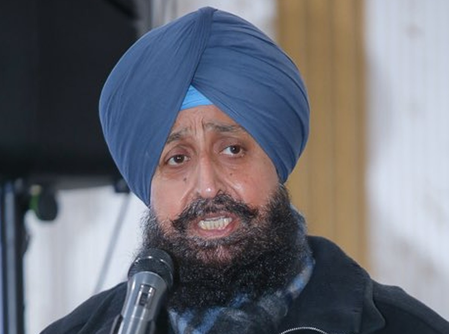Baloch Families Demand Justice Amid Ongoing Enforced Disappearances in Balochistan
In a heartfelt press conference in Islamabad, families of missing Baloch persons and leaders from the Baloch Yakjehti Committee (BYC) have raised alarms about the lack of justice in Balochistan. They claim that powerful Pakistani institutions leave the courts feeling helpless, making it tough for ordinary people to get fair treatment.
These families have been holding a sit-in protest in the capital for more than 55 days. They’re calling for an end to enforced disappearances and real justice, but they say Pakistani authorities respond with oppression and secrecy. "Our voices are being silenced, and the system seems rigged against us," one family member shared during the event.
The protesters accuse Pakistani forces of acting without fear in Balochistan, carrying out atrocities in plain sight with no real checks or punishments. They point out that even the courts, which should be the final hope for justice, admit they can’t stand up to these big institutions. This has left many Baloch people feeling trapped in a cycle of fear and injustice.
According to the BYC, a key human rights group fighting for Baloch rights, over 1,000 cases of enforced disappearances have hit Balochistan in the first eight months of 2025 alone. That’s a shocking number that highlights the ongoing crisis of missing persons in Pakistan’s troubled province.
The BYC also slammed the detention of its own leaders. They say the March Jaffar Express incident was just an excuse for a targeted crackdown on activists. Despite no proven crimes, these leaders remain locked up. The group accuses authorities of using the Maintenance of Public Order (MPO) law to hold them without proper reasons. Courts keep extending remands without questioning Pakistan’s Counter Terrorism Department (CTD), even when lawyers demand reports.
"Lawyers keep asking for details, but the courts don’t have the guts to push the CTD," a BYC representative said. Over the last two years, authorities have filed several cases against BYC leaders for peaceful protests and simple video statements. Only three cases wrapped up, while more than 30 still drag on without resolution.
In a fresh blow, the court recently granted another five-day remand for Mahrang Baloch, the BYC’s chief organizer, and other leaders. This happened despite promises of no more extensions. Shockingly, the hearing took place on a public holiday, with road blockades stopping lawyers and family members from showing up.
Protesters are furious and wonder: If even peaceful activists like these can’t get justice, what hope does an ordinary Baloch—like a simple shepherd—have? The BYC’s fight against enforced disappearances in Balochistan continues to spotlight the human rights issues plaguing the region, urging global attention to the plight of missing persons in Pakistan.



